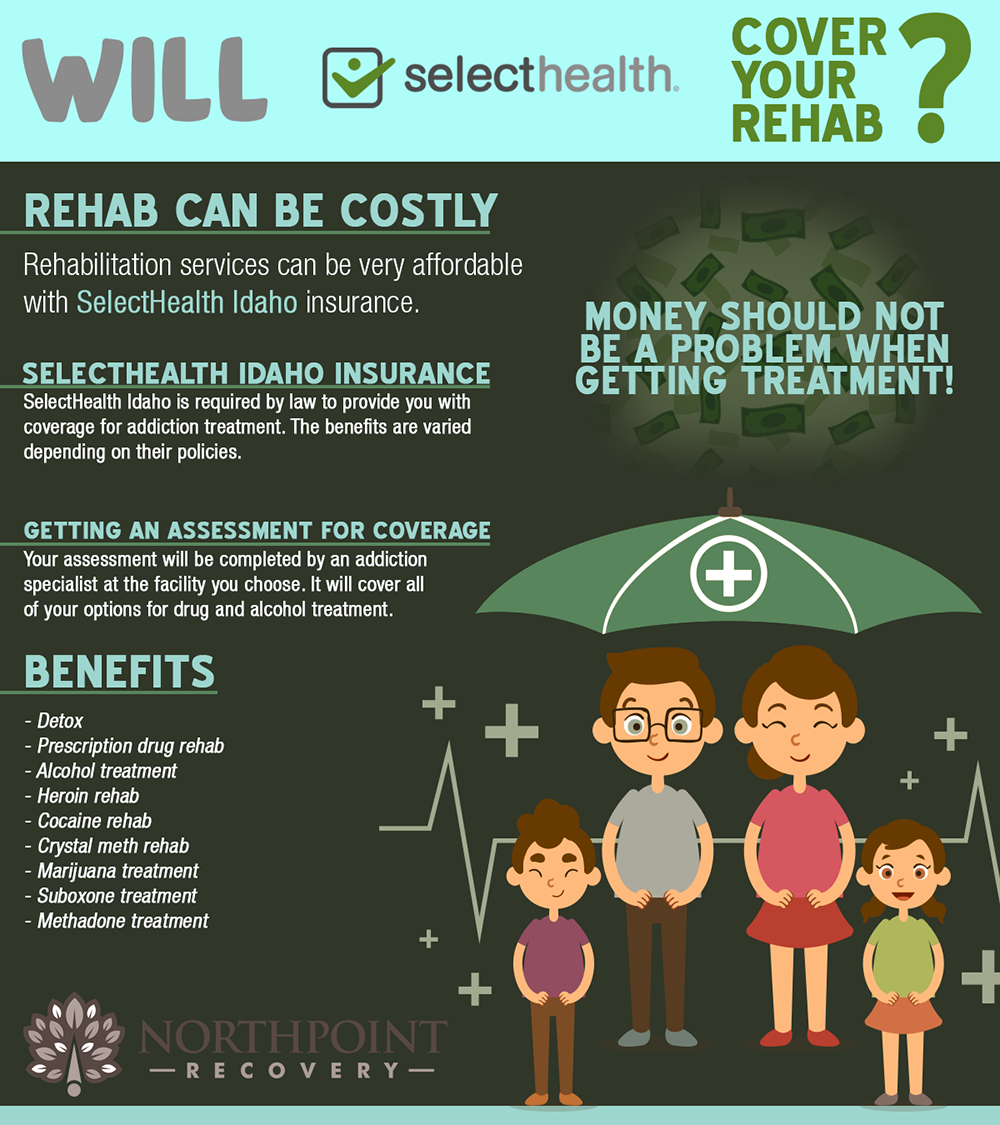Learn Just How To Develop A Strong Aftercare Strategy After Drug Rehabilitation And Achieve Long-Term Success
Learn Just How To Develop A Strong Aftercare Strategy After Drug Rehabilitation And Achieve Long-Term Success
Blog Article
Short Article By-Choate French
You've completed drug rehabilitation, and currently it's time to develop an effective aftercare plan to ensure your long-term healing.
Image this: you're a person identified to remain clean and develop a meeting life. This write-up will guide you via determining continuous support group, integrating treatment and counseling, and creating healthy coping systems.
With these approaches, you'll be equipped to prosper in your trip of sobriety.
Let's get going.
Identifying Ongoing Assistance Systems
You should recognize a minimum of three continuous support group to make sure an effective recuperation after drug rehabilitation.
The initial support group is your family and friends. They can offer emotional support, support, and assist you remain liable. They can also give a secure and understanding setting where you can share your struggles and victories.
The 2nd support system is your therapist or counselor. They can aid you overcome any kind of underlying issues that might have added to your addiction and provide guidance on how to prevent regression. They can also show you coping systems and healthy and balanced means to take care of anxiety.
The third support system is a support system or a sober community. Being surrounded by others who are undergoing similar experiences can be exceptionally valuable. They can give a feeling of belonging, comprehending, and deal useful recommendations and assistance.
Incorporating Treatment and Therapy
To attain a successful healing, it is essential for you to proactively take part in treatment and therapy sessions, in addition to include them into your recurring support systems. By doing so, you can make the most of the advantages of these therapy methods and enhance your opportunities of maintaining long-lasting soberness.
Right here are some essential reasons integrating treatment and therapy right into your aftercare strategy is important:
- ** Emotional Support: ** Treatment and counseling provide a risk-free space for you to share your ideas, feelings, and battles related to your addiction. It allows you to resolve any kind of unsettled concerns and develop healthy coping systems.
- ** Slip back Avoidance: ** These sessions outfit you with the required devices and approaches to prevent relapse. https://www.shrm.org/resourcesandtools/hr-topics/benefits/pages/substance-abuse-got-worse-amid-pandemic-and-remote-work.aspx help you determine triggers, establish dealing abilities, and develop a strong foundation for handling desires and tension.
- ** Personal Growth: ** Treatment and counseling assist in personal development and self-discovery. They help you get understanding right into the underlying causes of your addiction, boost self-confidence, and develop healthier partnerships.
Establishing Healthy Coping Mechanisms
During therapy and counseling sessions, it's critical to actively deal with developing healthy coping systems in order to efficiently manage anxiety and difficulties.
You need to determine and comprehend your triggers, those points that trigger you distress or stress and anxiety. By identifying these triggers, you can create approaches to deal with them in a healthy method. This could entail exercising deep breathing exercises, participating in exercise, or finding an innovative electrical outlet to express your emotions.
WhiteSands drug rehab programs 33607 is very important to also border on your own with a strong support system of family and friends that can give inspiration and support.
Furthermore, self-care tasks such as obtaining sufficient sleep, consuming well, and practicing leisure techniques can greatly add to your general well-being.
Conclusion
In the journey towards healing, developing an effective aftercare strategy resembles tending to a fragile garden. Just as a garden enthusiast supports each plant with care and interest, so also have to one grow ongoing support systems, include therapy and counseling, and create healthy and balanced coping mechanisms.
By doing so, the seeds of healing will blossom right into a growing garden, offering a strong structure for a brighter, drug-free future.
